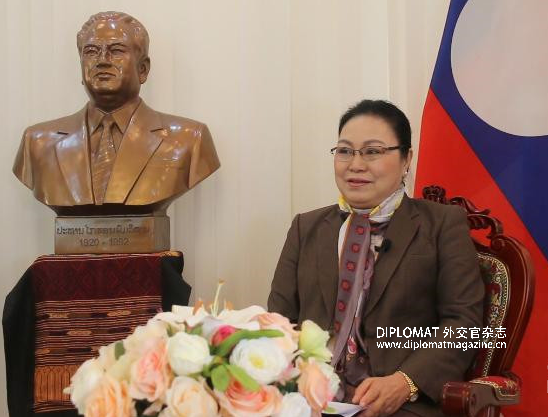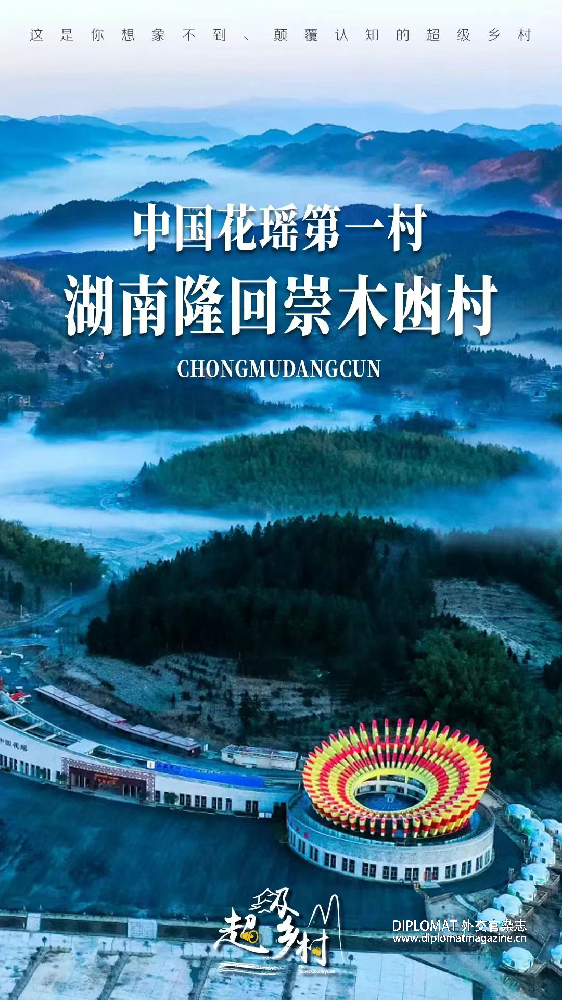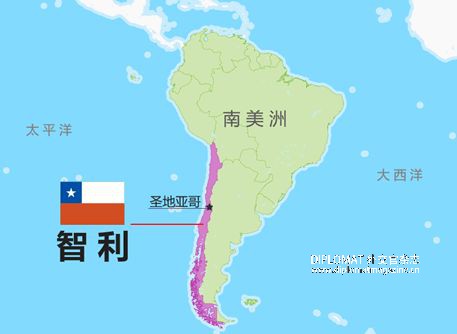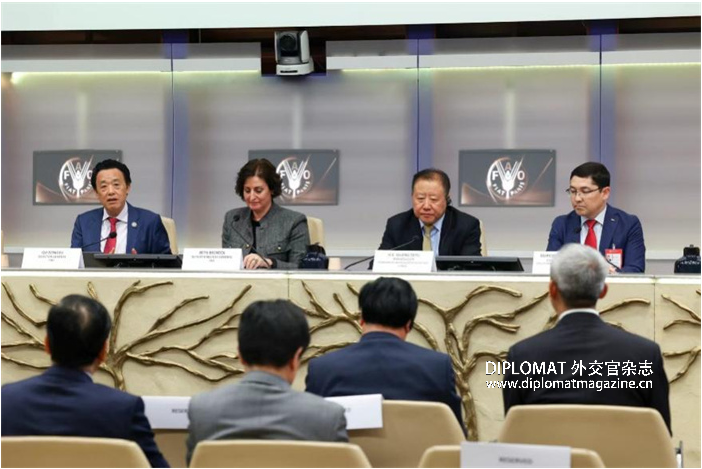导语:Сurrent state of the relationshipThe relationship between our ancient countries, both with rich civilizations, dates back several thousand years. Historically, the Great Silk Road connected the peoples of the region, facilitating not only trade ties but also the exchange of scientific and cultural
Сurrent state of the relationship
The relationship between our ancient countries, both with rich civilizations, dates back several thousand years. Historically, the Great Silk Road connected the peoples of the region, facilitating not only trade ties but also the exchange of scientific and cultural experiences.
Even today, the cooperation between our countries remains at the level of a strategic partnership. It is important to note that both countries support each other in matters of common interest and in promoting national development strategies.
A joint Strategic Partnership Development Program for 2023-2027 has been adopted between Uzbekistan and China. Through the collective efforts of both sides, significant progress in bilateral cooperation in trade, economy, and investment has been achieved.
China has consistently maintained its position as a major economic partner of Uzbekistan for many years. In 2023, the trade between our countries reached nearly $10 billion. Cooperation in the joint implementation of the “One Belt, One Road” initiative has also been fruitful. Several significant joint projects, such as the “China-Central Asia” gas pipeline, the longest railway tunnel in Central Asia at the Kamchik pass, the “China-Kyrgyzstan-Uzbekistan” highway, and the construction of 1000 megawatt solar stations in Bukhara and Kashkadarya, are being actively pursued.
Cooperation between Uzbekistan and China in the fields of investment and modern technologies is increasingly robust. With the participation of Chinese companies and financial institutions, numerous large-scale investment projects are being implemented in high technology, alternative energy, chemistry, mechanical engineering, metallurgy, electrical engineering, infrastructure modernization, and other sectors. Chinese investment in Uzbekistan has been growing at an annual rate of 40-50%.
Cooperation in the field of human capital development
The rapid pace of innovation, digitization processes, and the introduction of artificial intelligence in the world present new urgent challenges for our countries. These conditions demand the full utilization of the enormous potential for cooperation between Uzbekistan and China.
According to expert analysis, the demand for skilled professionals will increase in both the civil service and the private sector over the next five years.
Mutual cooperation in personnel training and the development of human capital is a crucial area that can help us fully unlock our existing potential.
It is worth noting the significant achievements in bilateral cooperation in the field of education, which serves as a solid foundation for friendly Uzbek-Chinese relations.
Currently, fruitful interactions are taking place between scientific and technical institutions of both countries, and there is an increasing exchange of students and interns through interdepartmental programs. Chinese is taught at six universities in Uzbekistan.
More than 600 students are studying Chinese as their main language in Uzbek universities. Additionally, it is offered as an elective in many educational centers across the country. To promote understanding of Chinese history, culture, and traditions, Chinese language centers equipped with teaching aids, textbooks, and materials on regional studies have been established at Uzbekistan’s universities.
Confucius Institutes operate in Tashkent and Samarkand, where over 1.2 thousand Uzbek citizens are studying Chinese.
Discussions are underway regarding the opening of branches of leading Chinese universities, such as Tsinghua University and Peking University, in Tashkent.
Today, Uzbekistan is deeply interested in learning from China’s experience in achieving comprehensive social justice, poverty alleviation, expanding the middle class, and promoting prosperity and equality.
Interregional contacts have intensified, with delegations from the Xinjiang Uyghur Autonomous Region, Shaanxi, Shandong, Jiangsu, and Jiangxi provinces visiting Uzbekistan. Special attention is given to the exchange of experience and practical cooperation in studying and implementing Chinese poverty alleviation practices.
Cooperation in personnel training is ongoing, contributing to the closer bond between our peoples. In recent years, China has trained over 6,500 specialists for Uzbekistan who are actively contributing to the country’s reforms and development.
There is also effective cooperation in organizing training courses for Uzbekistan’s civil servants in China. Over the past five years, approximately 4,200 civil servants have participated in these programs, covering areas such as poverty reduction, agriculture, public administration, entrepreneurship, economy and finance, energy, education, tourism, and so on.
These various forms of cooperation contribute to the development of human capital, knowledge sharing, and cultural understanding between Uzbekistan and China. By leveraging each other’s strengths and resources, the two nations strive to foster sustainable development and mutual benefits.
Timur Abdullaev,
Head of the International Cooperation Division,
Agency for the Development of Public Service
under the President of the Republic of Uzbekistan
















